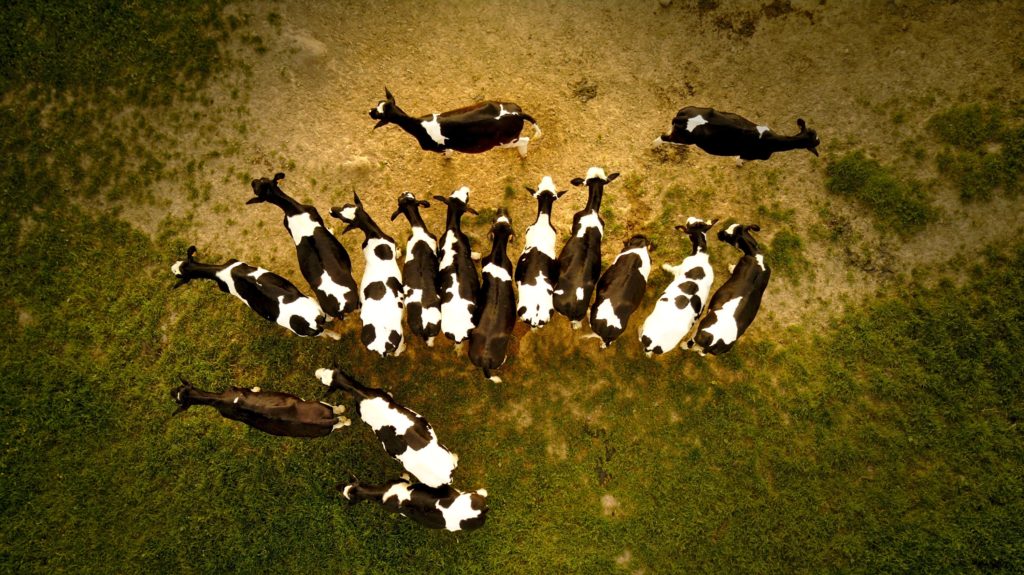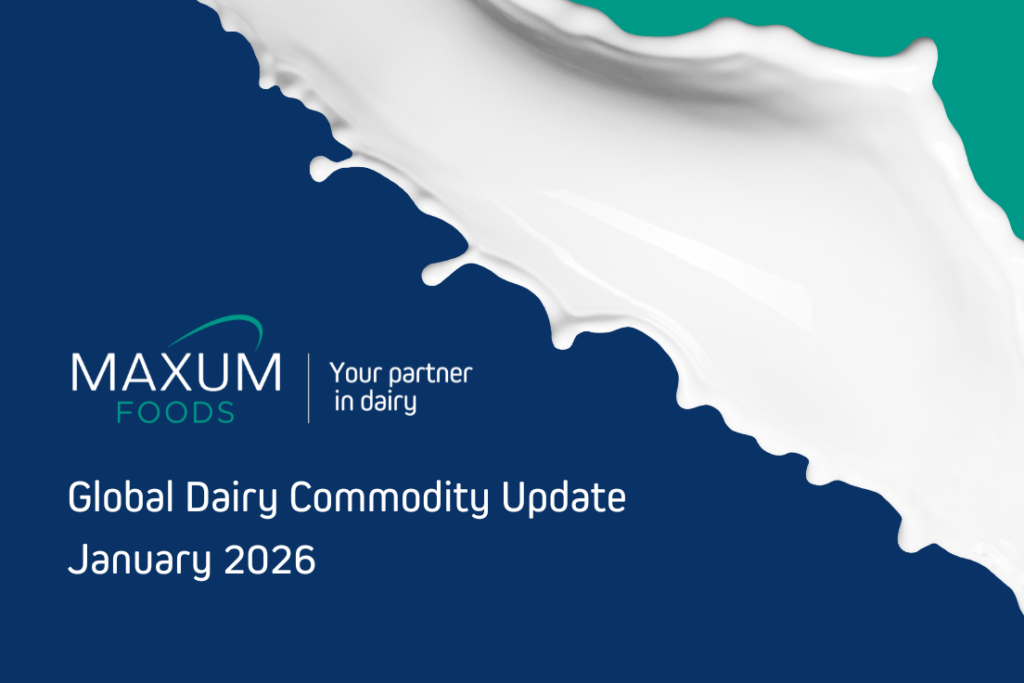AUSTRALIA’S competition watchdog has recommended the Federal Government introduce a mandatory code of conduct for dairy processors, despite mixed reactions from the industry.
The Australian Competition and Consumer Commission released its final report today into the dairy industry, with the establishment of a mandatory code being one of three major areas recommendations were made.
The other areas included milk contracting practices and farmgate milk prices.
The farmgate milk price recommendation was that “processors should publish information identifying how their pricing offers apply to individual farm production characteristics to enable better farm income forecasts”.
The milk contracting practice recommendation included simplifying contracts, acknowledgment of contracts in writing by farmers and processors as well as “milk supply contracts should not include terms which unreasonably restrict farmers from switching between processors”.
The ACCC was tasked with investigating the dairy industry by Treasurer Scott Morrison following farmgate milk price cuts by Murray Goulburn and Fonterra two years ago.
The ACCC flagged the concept of a mandatory code of conduct to apply to dairy processors in its interim report released in November and followed the introduction of a voluntary code of conduct by the dairy industry.
The ACCC’s justification of a mandatory code had not changed, but it acknowledged it had taken into account “stakeholder” views.
“Our view is that the inherent bargaining power imbalance between processors and dairy farmers, combined with unequal availability of information between them (information asymmetry) results in market failure in the dairy industry,” the report said.
In its report today. the ACCC highlighted that “responses from state farmer bodies and other farmer representatives mostly expressed support for the mandatory code”.
Among feedback regarding the proposed mandatory code for dairy the ACCC included responses from state farmer lobby organisations and interest groups.
The ACCC noted: South Australian Dairyfarmers Association “strongly agreed” that the mandatory code be considered; NSW Farmers said the mandatory code was a “natural progression”; and WA Farmers and Queensland Dairyfarmers’ Organisation told the ACCC the voluntary code had not worked and more action was required.
The Tasmanian Farmers and Graziers Association was supportive of the mandatory code “on the basis that details of the code are clarified”.
Lobby group Farmer Power told the ACCC the mandatory code was “essential given the extent of poor past practices” while Dairy Farmers Milk Co-operative described it as “required”.
According to the ACCC, the United Dairyfarmers of Victoria “expressed reservations about the flexibility of the mandatory code and submitted it will not support the mandatory code without further analysis of its likely impact on the industry, although it recognised that the ‘strength of a mandatory code is desirable’.”
The ACCC also noted, some farmer groups also suggested that the voluntary code be strengthened as an interim step.
Processors did not support a prescribed mandatory code, and instead favoured retaining and reviewing the existing voluntary code, the ACCC said.
“In contrast to most other farmer groups, ADF (Australian Dairy Farmers) and UDV also support this position,” the report said.
“These parties submitted that the voluntary code is more flexible and responsive to industry change than a prescribed code, that it has the benefit of being an industry-driven initiative, and (at that time) had only been in operation for less than one year and is due for review in mid-2018. ADPF (Australian Dairy Products Federation) also suggested the industry has not had a chance to fully test the effectiveness of the voluntary code and to improve it.”
SUMMARY OF ACCC RECOMMENDATIONS
Contracting practices
1. PROCESSORS and farmers should acknowledge in writing the terms and conditions for milk supply.
2. PROCESSORS should simplify their contracts where possible, including by minimising the number of documents and clearly indicating which documents contain terms and conditions of milk supply.
3. PROCESSORS should provide all contractual documents simultaneously before the commencement of the dairy season or contract term.
4. MILK supply contracts should not include terms which unreasonably restrict farmers from switching between processors.
5. THE industry should establish a process whereby an independent body can mediate and arbitrate in relation to contractual disputes between farmers and processors.
6. FARMERS should ensure they have properly considered the legal and financial implications of their contracts with processors.
Farmgate milk prices
7. PROCESSORS should publish information identifying how their pricing offers apply to individual farm production characteristics to enable better farm income forecasts.
A mandatory industry code of conduct
8. A MANDATORY code of conduct within the act should be established for the dairy industry.
Article sourced from The Weekly Times
